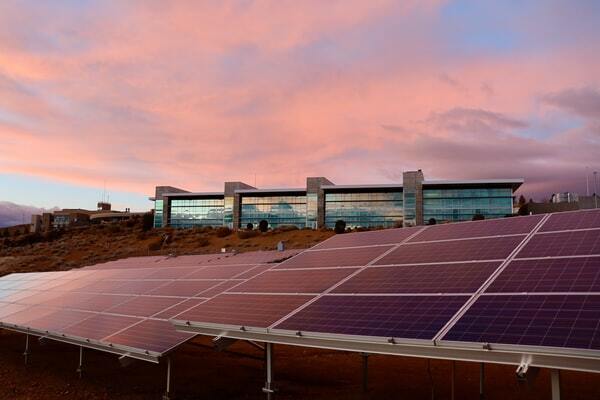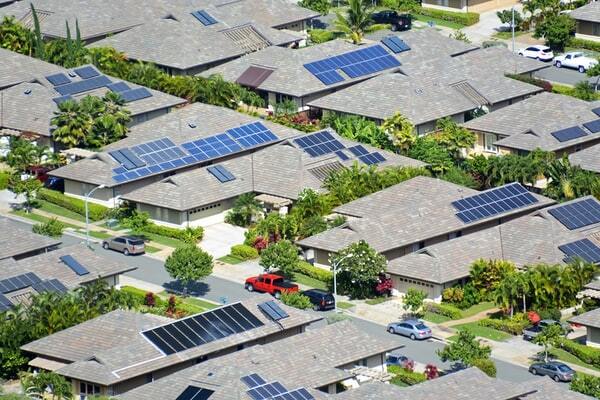Are you interested in learning about solar energy? If you are, you have come to the right place. This article will teach you everything you need to know about the benefits of solar panels. Keep reading to learn more.
Solar panels are more affordable than ever.

Solar panels are becoming more and more popular in the United States for various reasons. The cost of solar panels has decreased in recent years as they have become more efficient. In addition, state and federal governments offer tax incentives to people who install solar panels. However, the cost of installing solar panels will vary depending on various factors, including the size and complexity of the system, the state you live in, and the company you choose to install your system.
Solar energy uses the sun’s rays to generate heat or electricity. Solar energy is a renewable resource, which means that it can be used over and over again. It’s also environmentally friendly because it does not produce any pollutants that can harm the environment. Solar panels work by converting sunlight into direct current (DC) electricity. This electricity can then be used to power various appliances in your home. One of the great things about solar panels is that they work even on cloudy days. In fact, solar panels may work better on cloudy days than on sunny days because the clouds filter out some of the sunlight.
There are two main types of solar energy: thermal and electrical. Thermal solar energy uses the sun’s heat to create warmth or power machinery. Electrical solar energy uses the sun’s rays to generate electricity.
Most homes in the United States are powered by electricity from fossil fuels such as coal or natural gas. However, these resources are finite, producing harmful emissions contributing to climate change. Solar energy is a cleaner alternative to fossil fuel-generated electricity and doesn’t produce greenhouse gases that cause global warming.
Solar panels can provide power during a power outage.
Solar panels offer a way to generate power without depending on the main electrical grid. This can be helpful during a power outage when the grid is down. Solar panels can also be used in remote areas without access to the main grid.
There are many tax incentives available for solar panel installations.
Solar panels can provide tax incentives for both businesses and homeowners. For businesses, the Solar Investment Tax Credit (SITC) allows a company to deduct 30 percent of the cost of installing a solar system from their federal taxes. The Residential Renewable Energy Tax Credit also allows homeowners to deduct 25 percent of the solar system’s cost from their federal taxes. In addition, many states have incentives available for solar panel installations.
Solar panels can help reduce your carbon footprint.

Even small changes in our lives can significantly reduce our footprint. One way to reduce carbon footprints is by using solar energy. A carbon footprint measures the amount of carbon dioxide emissions caused by an individual, organization, event, or product. In most cases, carbon footprints are calculated for the production and consumption of electricity, heat, oil, natural gas, gasoline, aviation fuels, and shipping.
A carbon footprint is usually expressed in terms of the weight of carbon dioxide emissions. For example, one metric ton of carbon dioxide equals the emissions of burning 1,000 gallons of gasoline. The purpose of calculating carbon footprints is to help individuals, organizations, and governments understand their contribution to global warming and identify ways to reduce their emissions.
The benefits of solar panels are vast and varied. They can save homeowners money on their energy bills, help protect the environment, and even increase the value of their homes. By installing solar panels, homeowners can take advantage of all of these benefits and more.





